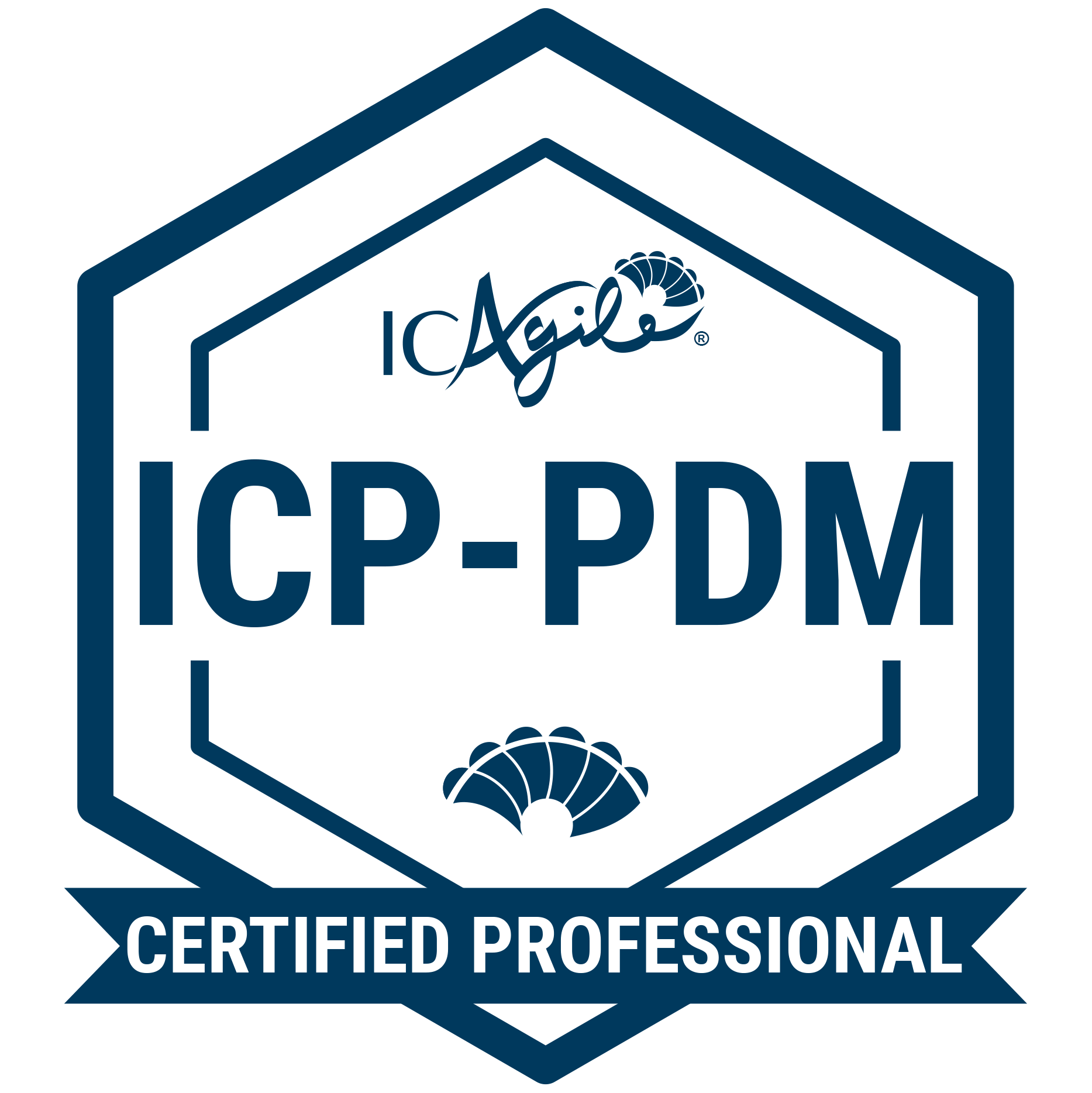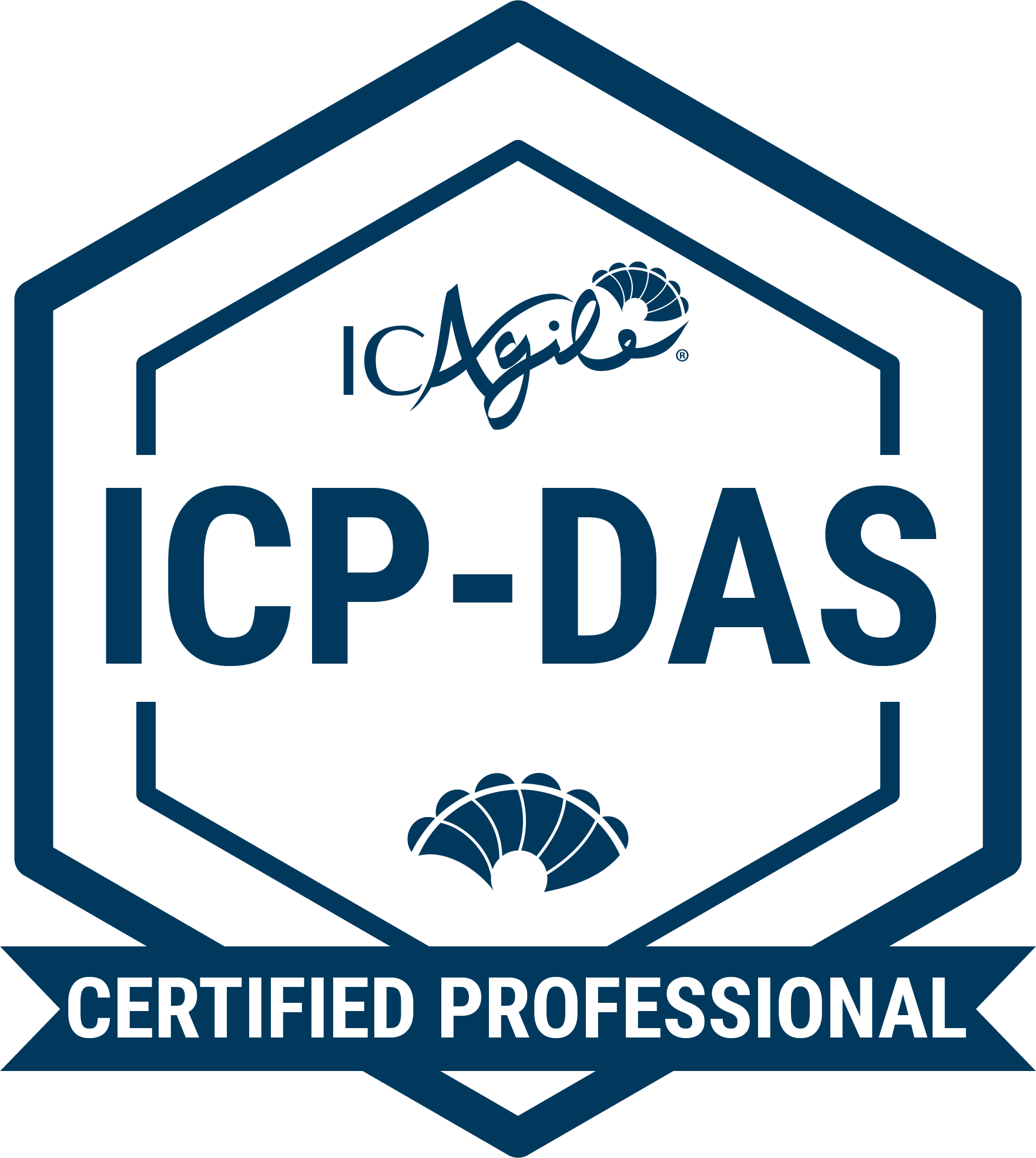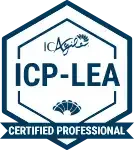Product management is a multifaceted role that lies at the intersection of business, technology, and user experience. Product Managers (PMs) are responsible for driving the success of products by aligning teams, making data-driven decisions, and ensuring that the product meets customer needs. However, not all Product Managers are the same. Depending on the type of product, industry, and company size, Product Managers can specialize in various areas. In this blog, we’ll explore the different types of Product Managers and what sets them apart.
1. Technical Product Manager (TPM)
A Technical Product Manager is someone with a strong technical background, often having experience as a developer or engineer. Their primary responsibility is to work closely with engineering teams to ensure that the technical aspects of the product align with the business objectives. TPMs are well-versed in software architecture, APIs, and other technical components. They often serve as a bridge between the technical team and non-technical stakeholders, translating complex technical concepts into understandable language.
Key Responsibilities:
-
Define technical requirements and specifications.
-
Prioritize features based on technical feasibility.
-
Collaborate with engineering teams to resolve technical challenges.
-
Conduct code reviews and ensure code quality.
Who Should Consider This Role:
-
Individuals with a strong technical background and a passion for technology.
-
Those who enjoy solving complex technical problems.
2. Growth Product Manager
Growth Product Managers focus on expanding the user base and increasing product adoption. They are data-driven and use metrics to identify opportunities for growth. Unlike traditional Product Managers, Growth PMs are more concerned with optimizing the user journey, improving conversion rates, and driving user engagement. They work closely with marketing, sales, and customer success teams to implement strategies that fuel growth.
Key Responsibilities:
-
Analyze user data to identify growth opportunities.
-
A/B test features and marketing strategies.
-
Optimize user onboarding and retention processes.
-
Collaborate with marketing teams to run campaigns that drive growth.
Who Should Consider This Role:
-
Data enthusiasts who enjoy experimenting with new strategies.
-
Individuals with a strong interest in marketing and customer acquisition.
3. Platform Product Manager
Platform Product Managers focus on building and managing platforms that support multiple products or services. They are responsible for creating scalable solutions that can be used by various teams within the company. Platform PMs often deal with APIs, infrastructure, and core technologies that power the company’s ecosystem. Their role is critical in ensuring that the platform is reliable, scalable, and easy to integrate with other products.
Key Responsibilities:
-
Define the vision and strategy for the platform.
-
Ensure the platform is scalable and secure.
-
Work with other PMs to understand their platform needs.
-
Manage APIs and other technical components that support the platform.
Who Should Consider This Role:
-
Individuals with a deep understanding of system architecture and software development.
-
Those who enjoy building foundational technologies that support multiple products.
4. Consumer Product Manager
Consumer Product Managers are responsible for products that are directly used by consumers. Their primary focus is on understanding consumer needs, behaviors, and preferences. Consumer PMs work closely with design and UX teams to create user-friendly products that offer a seamless experience. They also collaborate with marketing and customer support teams to ensure that the product meets customer expectations.
Key Responsibilities:
-
Conduct user research to understand consumer needs.
-
Define product features that enhance the user experience.
-
Collaborate with design and UX teams to create intuitive interfaces.
-
Analyze user feedback and data to improve the product.
Who Should Consider This Role:
-
Individuals who are passionate about creating products that improve people’s lives.
-
Those with a strong interest in user experience and design.
Looking to enhance your product management skills with Agile methodologies?
Explore our Certified Scrum Product Owner (CSPO) Certification and take your career to the next level.
Join Us!5. Enterprise Product Manager
Enterprise Product Managers focus on products that are sold to other businesses (B2B). These products often have complex features and longer sales cycles. Enterprise PMs need to understand the needs of large organizations and how their product can solve specific business problems. They work closely with sales, marketing, and customer success teams to ensure that the product meets the needs of enterprise clients.
Key Responsibilities:
-
Understand the needs of enterprise clients.
-
Define product features that solve business problems.
-
Collaborate with sales and marketing teams to position the product.
-
Ensure that the product complies with industry standards and regulations.
Who Should Consider This Role:
-
Individuals with experience in B2B products and a strong understanding of business processes.
-
Those who enjoy working on complex products with large-scale impact.
6. Data Product Manager
Data Product Managers are responsible for products that involve large amounts of data. They focus on creating products that collect, analyze, and leverage data to provide insights. Data PMs work closely with data scientists and analysts to build data-driven products. Their role is critical in industries like finance, healthcare, and technology, where data is a key asset.
Key Responsibilities:
-
Define the vision and strategy for data products.
-
Work with data teams to ensure data quality and accuracy.
-
Collaborate with engineering teams to build data pipelines.
-
Analyze data to identify product opportunities.
Who Should Consider This Role:
-
Individuals with a strong background in data science or analytics.
-
Those who enjoy working with data to solve complex problems.
7. Product Marketing Manager (PMM)
Product Marketing Managers are responsible for positioning the product in the market and driving its adoption. They work closely with sales and marketing teams to create go-to-market strategies. PMMs focus on understanding the competitive landscape, defining the product’s value proposition, and communicating it to the target audience. Their role is crucial in ensuring that the product resonates with customers and achieves its market potential.
Key Responsibilities:
-
Develop go-to-market strategies.
-
Define the product’s value proposition and messaging.
-
Collaborate with sales and marketing teams to drive adoption.
-
Analyze market trends and competitive landscape.
Who Should Consider This Role:
-
Individuals with a strong background in marketing and a deep understanding of customer needs.
-
Those who enjoy creating strategies that drive product success.
Transform your organization’s product management approach with customized Agile workshops designed by Agilemania.
Connect@agilemania.comConclusion
Product management is a diverse field with various specializations, each requiring a unique skill set. Whether you are a tech-savvy professional, a data enthusiast, or a marketing expert, there is a Product Management role that aligns with your interests and strengths. Understanding these different types of Product Managers can help you identify the path that best suits your career goals and aspirations. As the field continues to evolve, the demand for specialized Product Managers will only grow, making it an exciting time to be in product management.





























































































